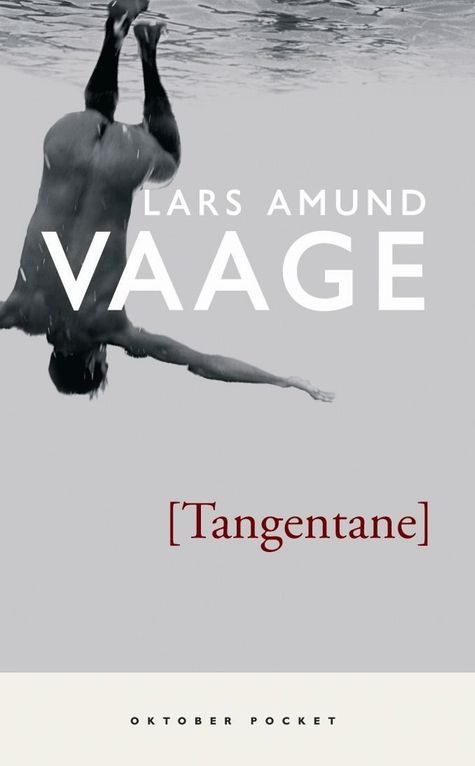”Humorous, poetic and so original it’s liberating … Like so many other surprising things in this book, Vaage has an original and very humoristic depiction of the role of the artist … Then there is his beautiful language; the rhythm, the formulations, the words. This book, so full of “grief and worry”, sings.”
Dagbladet
”An interesting story about the romantic artist-dream’s ability to confuse, but also to touch a life … The enquiring, roaming and rhythmically prompting prose that follows the stray narrator, makes this novel a small piece of music”
Dagsavisen
”There is a lot of lack and grief and sadness in Lars Amund Vaage’s authorship. In this year’s novel The Piano Keys, there is also a lot of sorrow, but Vaage also reveals himself as a humorist, and it suits him … it is up to the reader to figure out what kind of guy pastor Ulvik is, and what bothers him. And while you wonder about that, and while you may even be amused with the poor guy, you risk, completely unexpectedly, recognising sides of yourself”
NRK P2
”Hans is to a great extent reliable – both as a character in a novel and as a narrator, but he has, like most of us, limited insight and perspective, and limited self-control. And it is in this subdued imbalance the novel gets so good; between what he is and what he wants to be on one hand, and on the other, what he is and what he thinks he is … I love his sense of humour … This is one of the few really good novels that are published”
Vinduet
”Lars Amund Vaage is one of the most musical Norwegian authors of his generation. Like in Rubato, he shows a finely tuned ability to take literature into music. In a simple, clarified language, he approaches the middle-aged man by the piano. Music is not the only thing Vaage has a characteristic literary grasp on. He is also good at describing faint-hearted men … The best thing about The Piano Keys is the depiction of the middle-aged priest turning his life and his dreams upside down”
Adresseavisen
”In the novel The Piano Keys, Vaage is at his best when describing the artistic urge for expression … It was great reading how he depicts the battle the musician fights to release the music he wishes to impart, how it feels when he cannot do it, and when he can … [the language] is beautiful. Repetition is one of the devices in poetry, and when used in the right way, it also gives prose a poetic quality. Especially in the first part of the book this form strengthens the thematic, and I found the descriptions good and powerful … the language is good throughout the book … a moving and beautiful book”
Dag og tid
”Vaage has succeeded in writing a dense, investigating text about sacrificing everyday life for art. The language varies nicely between short, precise statements and pictorial embellishments that expose the feelings and thoughts that the protagonist struggles with … The description of the feeling of life in our age, the modern human being’s longing for some sort of inner fulfilment, makes the book important literature”
Haugesunds Avis
”Melancholy and beautiful about the calling of art versus the calling of being a priest … But as usual […] Vaage manages to bring out all the grief, lacking, sadness and soreness of the story, and make it beautiful, accessible and important, in a language that is rhythmic, precise, poetic and, naturally, filled with music”
Stavanger Aftenblad
”The language is inventive, at times almost lyrical … The ironic zing is also there. The most impressive thing though, is perhaps the way the author utilise the language to make the reader curious, enquiring. I, for one, kept getting a feeling that any (possible) message that may be hidden in the words slipped away like a slippery, flopping fish. That turns words into literature.”
Fædrelandsvennen
”Vaage has created a musical and distinctive novel … The characteristic manner in which the form and content are woven together in The Keys, gives the novel a quite unique musicality … The Keys has a carefully weighed literary composition with an uncompromising quality … one of the most distinctive novels I have read”
Bergens Tidende
”Few Norwegian writers have managed to recount the content of classical piano music like Vaage does. In a language in which it is always an undivided pleasure to immerse oneself … The book is swarming with precise formulations of inner conflict and movement”
VG
”The novel is captivating and well-written, it circles around essential problems in life: doubt and faith, acknowledgement and self-knowledge”
Sarpsborg Arbeiderblad
”This novel holds so many complex images and consistent drifts in the plot, it is impossible to be anything but delighted. The most impressive thing, though, is that Vaage amazingly has written a very funny novel”
Vagant

